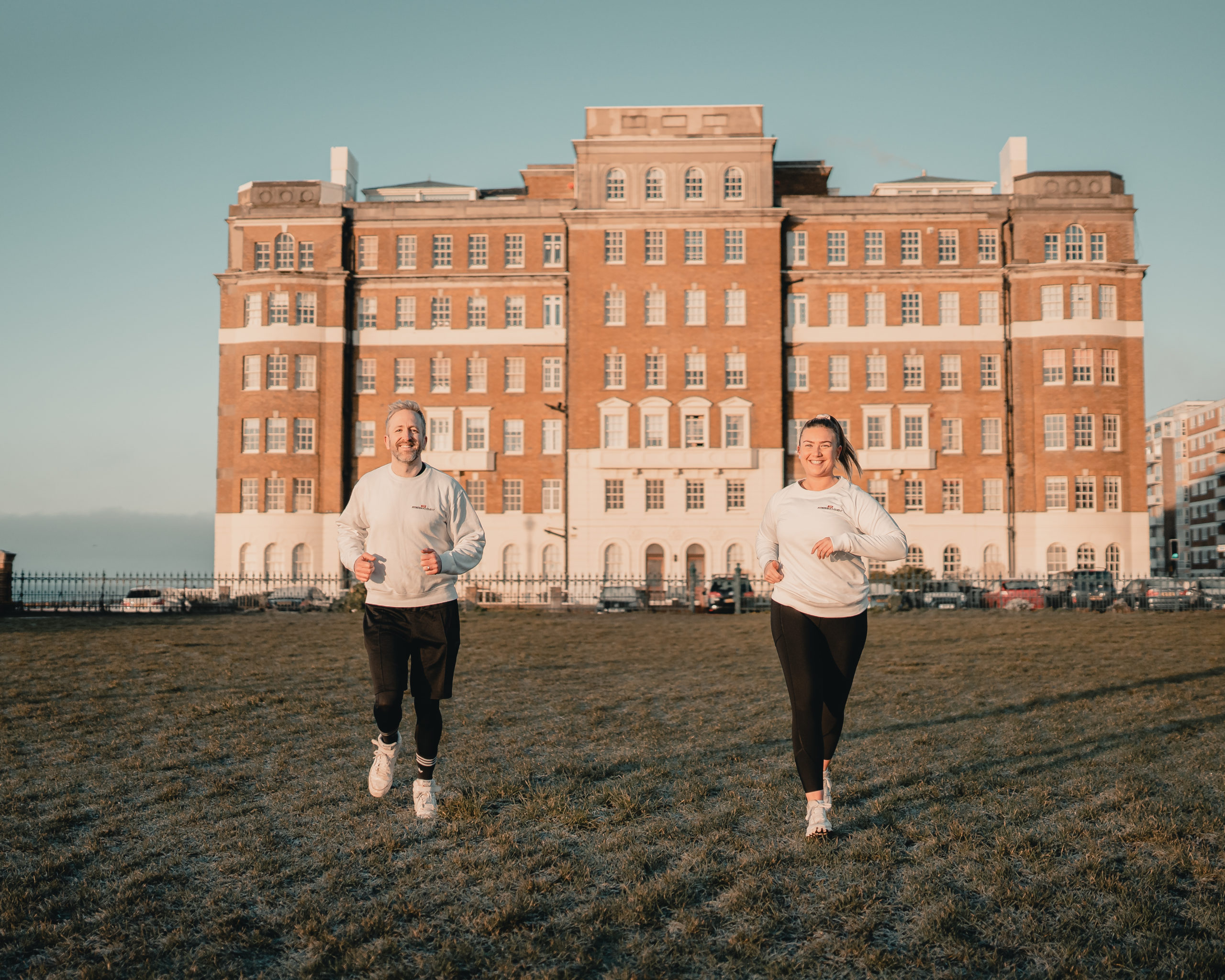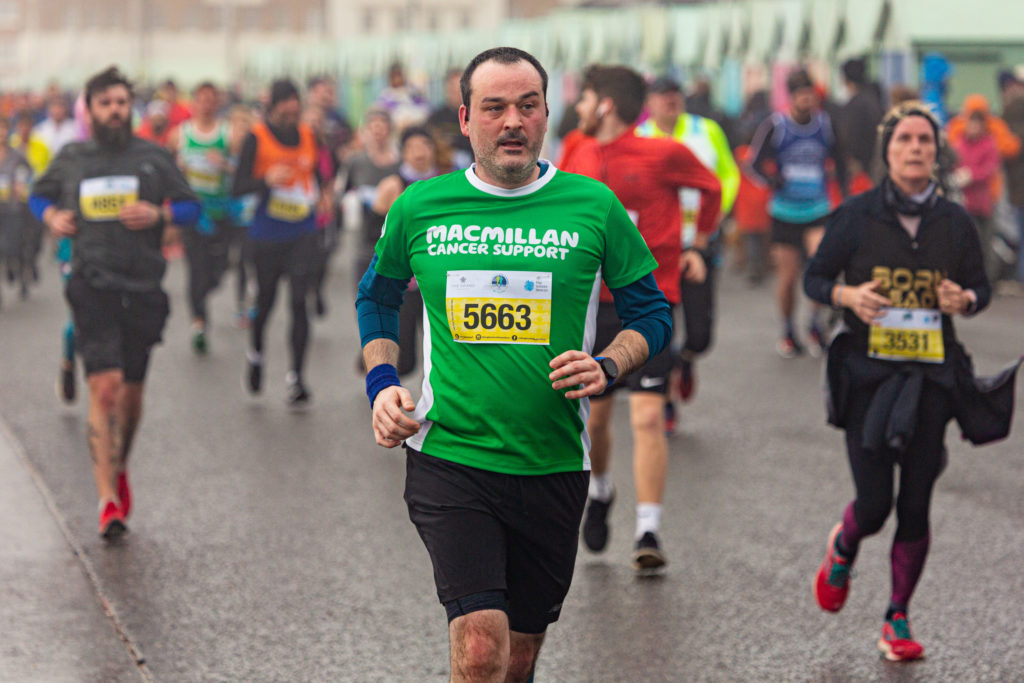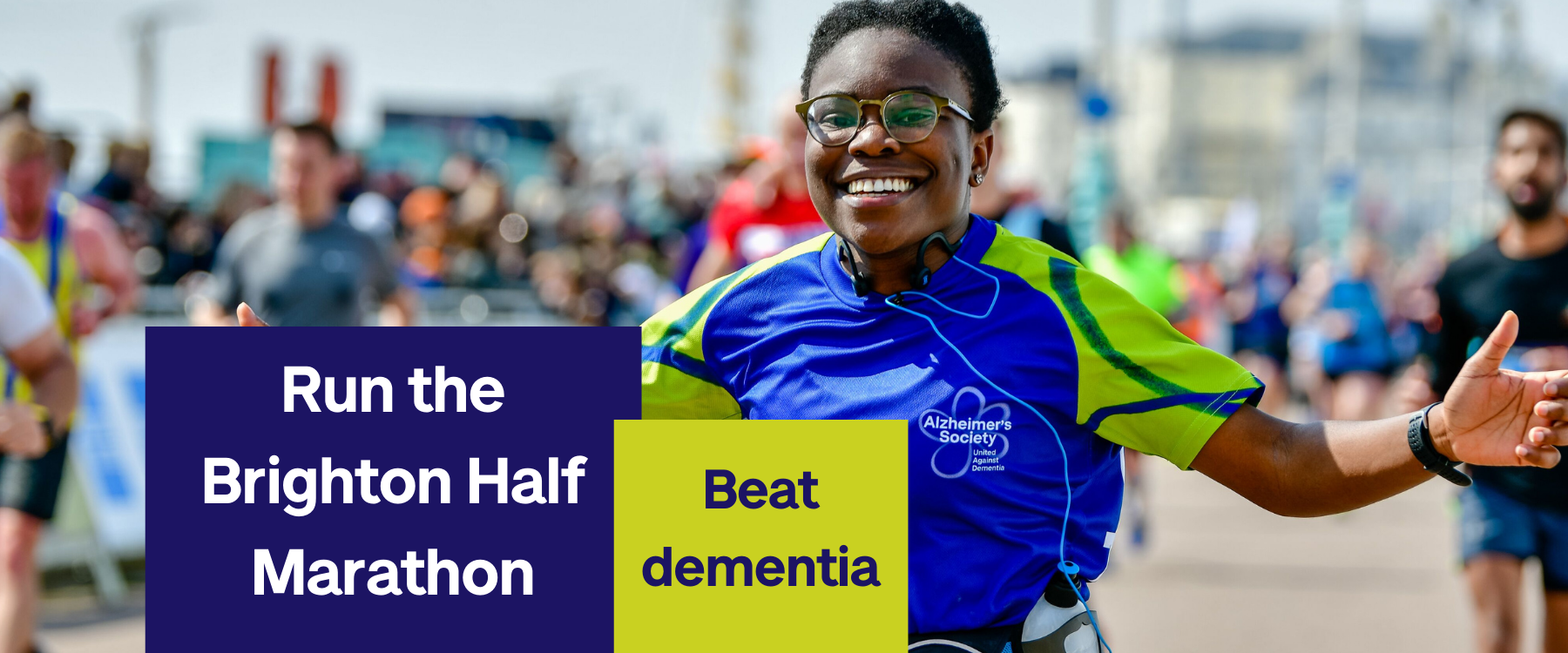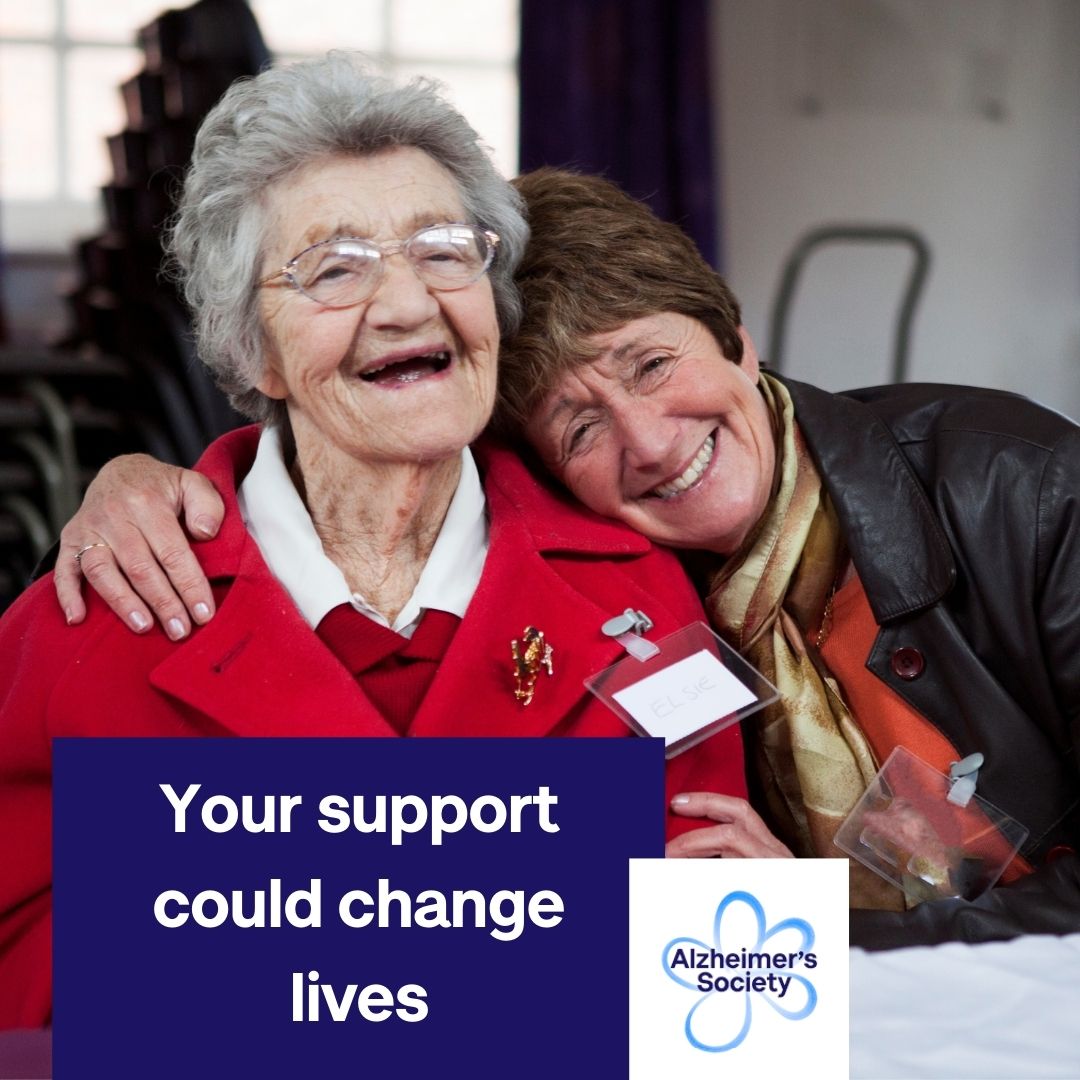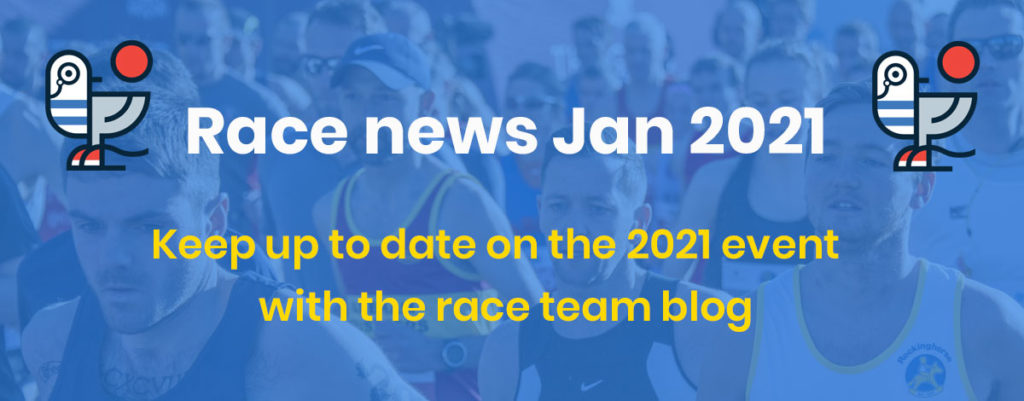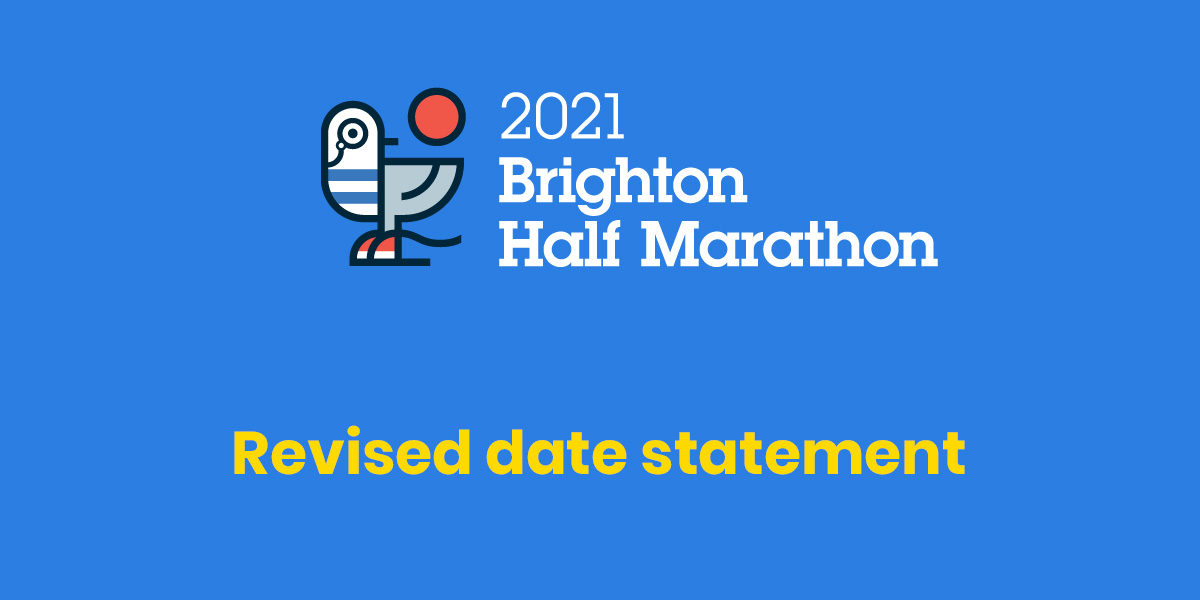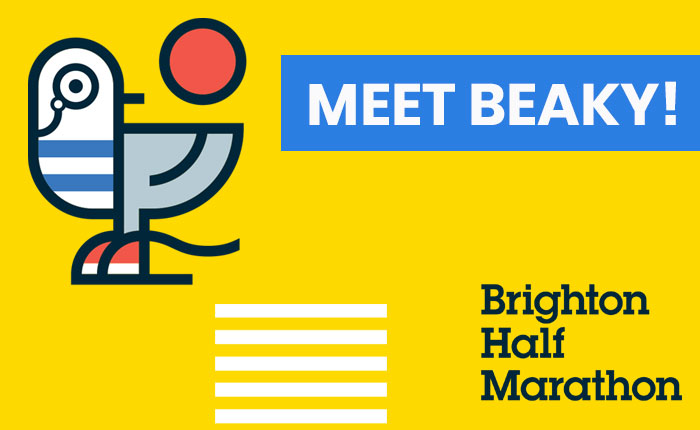
Ever considered running for charity? Here are 10 reasons to use your run for good.
1. Raise funds for a cause close to your heart
Using a personal challenge to raise funds for a good cause that you truly care about is an amazing thing. A few pounds from your family and friends can quickly mount up and help a good cause. You could be funding medical treatment for a person in need, a day out for a poorly child, a help line for vulnerable people, access to water for children without, animals who need protection, life-saving medical research, emotional support for people undergoing treatment or psychological support for people with mental health issues. If you are signing up to run an event, you have the opportunity to share your achievements with others who truly need it.
2. Raise awareness of the charity
Many charities have faced large losses from the impact of Covid-19, so in 2021 particularly they need the help of fundraising from challenge events just like the Brighton Half to keep services running. However it’s not just about money, but awareness too. Runners will often wear a charity vest provided by their chosen charity, many of you will set up a JustGiving page and a lot of you will share your journey on your multiple social media channels. For every person who sees your challenge, someone is learning about the charity and their cause. Raising awareness can be just as key as raising funds, and this awareness could have a long-term impact. You inspire new supporters and new fundraisers, and before you know it one action has triggered hundreds more just like yours.
3. Get motivated
Let’s be honest, running a half marathon is hard! There may be moments when you doubt yourself and reconsider whether the early morning winter runs, the slips on the ice and the pressure to get fitter are worth it. In fact, we see a huge drop-out rate of runners because they haven’t trained enough or couldn’t brave the brisk weather on race morning. But a charity runner is lacing up their running shoes for a cause, for their family and friends that have sponsored them, for the impact they know they will have on people who need help the most. They are running for those who can’t – what’s better motivation than that?
4. Gain a support network
When that motivation is slipping, we need people around us to support our goal and tell us to keep going. To provide us with advice, tips and opportunities to help us soldier on. Running for a charity means you are part of a team that is supporting each other to achieve a common goal. Many charities have team meet ups, Facebook groups, and regular email communications to ensure you never feel alone on your journey to the finish line.
5. Make new friends
Joining a charity team is a fantastic way to meet new people and make friends. You already have two things in common: you like running and you care about the same charity – that’s a good start! Runners often share training runs and arrange regular meet ups, you are sometimes invited to team events where you can ‘mingle’ with your team mates, and many charities offer access to a dedicated marquee on race day where you can meet other runners and start the race together.
6. Get added extras on race day
Not only do you have the support of your friends, family and fellow runners, but you also have the full support of the charity you are running for. All charities vary in the level of supportive benefits they can provide, but offerings can include a branded running vest, a fundraising pack, regular emails of encouragement, Christmas cards, branded merchandise, pre-event meet ups, race day hospitality, dedicated baggage area (The Sussex Beacon only at the Brighton Half), food and beverages, cheer teams along the course, post-race reception and free photography.
7. Tick off something from your life ‘bucket list’
For many, running a half marathon is an experience they have never felt before – the buzzing atmosphere as thousands of runners wait eagerly at the start line, the roaring cheers from the crowds, the emotional ups and downs of the course, the feeling of determination as you resist the urge to give up, the elation as you cross the finish line, the pride as you receive your medal, the gratitude of a goody bag and a massage at the end! Running for charity enhances every moment, starting with team mates on a common mission, crowds chanting the name on your charity running vest, the motivation to keep going for those who are relying on you to finish, the euphoria of knowing you have made a difference to more than one life when you crossed that finish line and receive that medal for every person, child or animal you fundraised to help.
8. Improve your health & wellbeing
Whether you are running to shift a few extra pounds, boost your overall fitness levels, tone up for summer, clear your mind or just need a hobby, running the Brighton Half Marathon is a great opportunity to reach your goal, whatever that may be. Motivation and support are key to achieving our goals, so run for charity to give you the best chance of succeeding!
9. Feel happier
Doing good makes you feel good, right? And that’s not the only reason running for charity can make you happier. It’s a social activity, and studies have shown that socialising can decrease feelings of depression and boost feelings of well-being. Running itself is fantastic for our mental health, it also combats depression, improves our capacity to learn new information, alleviates anxiety, helps us sleep and can even boost self-esteem. But you need to stick at it, so you need that motivation and support to reap the benefits.
10. Do something different
If we did the same things every day, life would get a bit dull. Fundraising for charity opens up a world of opportunities to do weird and wacky things, tackle new challenges, have new experiences and meet new people. Often the colder months at the start of the year can be a time we slip into mundane routines of staying indoors, watching tv and eating junk food. Why not make a change this year: register to run for a charity in the Brighton Half Marathon in June and train through the winter and spring- who knows what opportunities and experiences you will unlock!
See all our charity partners here.
By Rosie Hemming

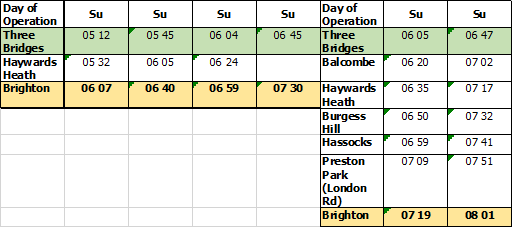

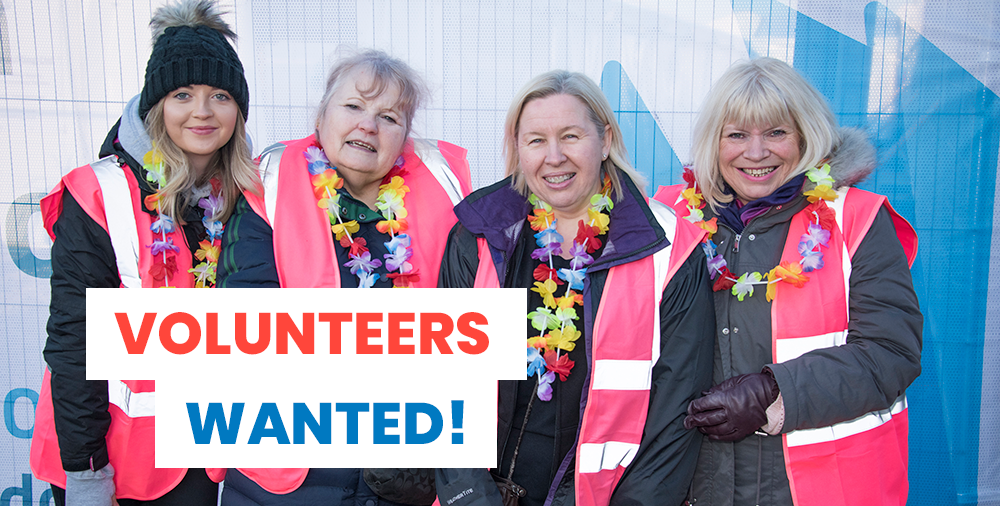
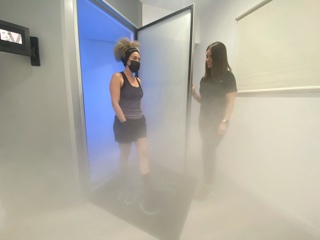
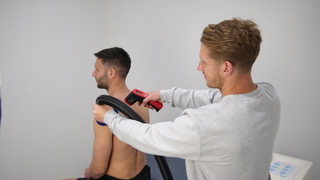
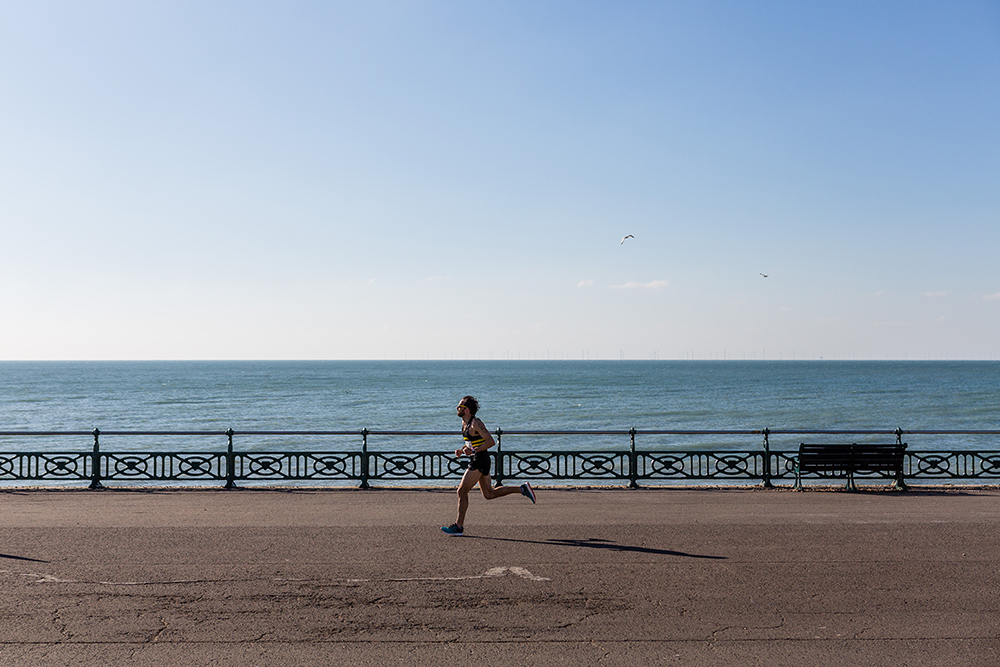
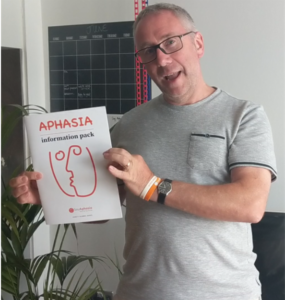
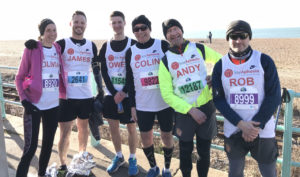
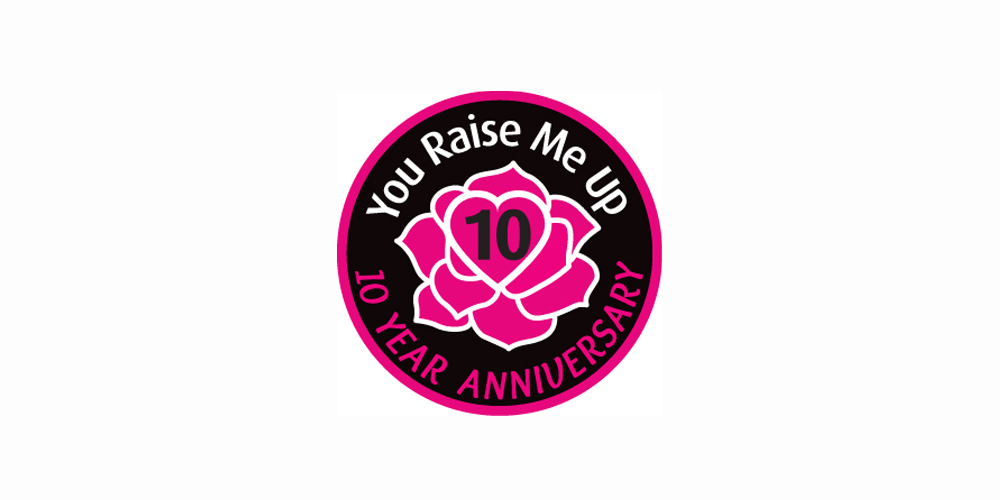 Fancy putting your lockdown running to good use this summer? The local charity You Raise Me Up provides vital support to families after the death of a child aged 16–25, and is looking for runners to run the Brighton Half on June 27th.
Fancy putting your lockdown running to good use this summer? The local charity You Raise Me Up provides vital support to families after the death of a child aged 16–25, and is looking for runners to run the Brighton Half on June 27th. 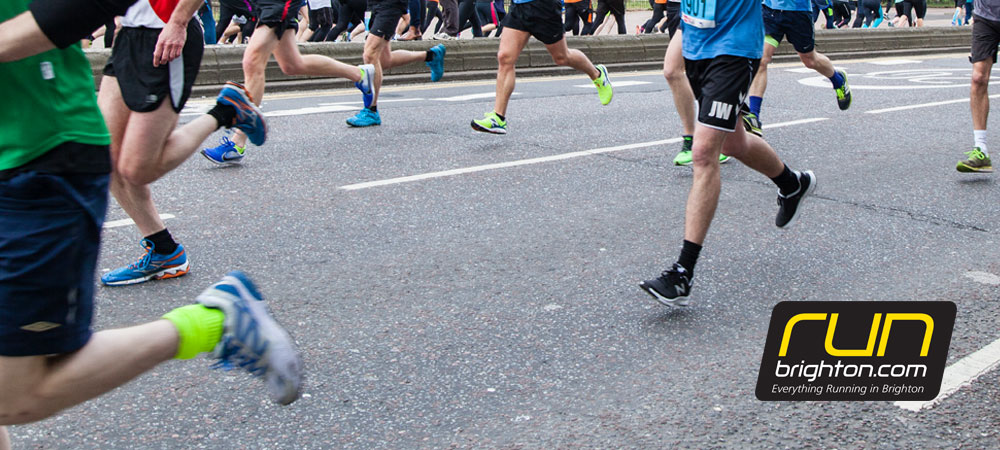

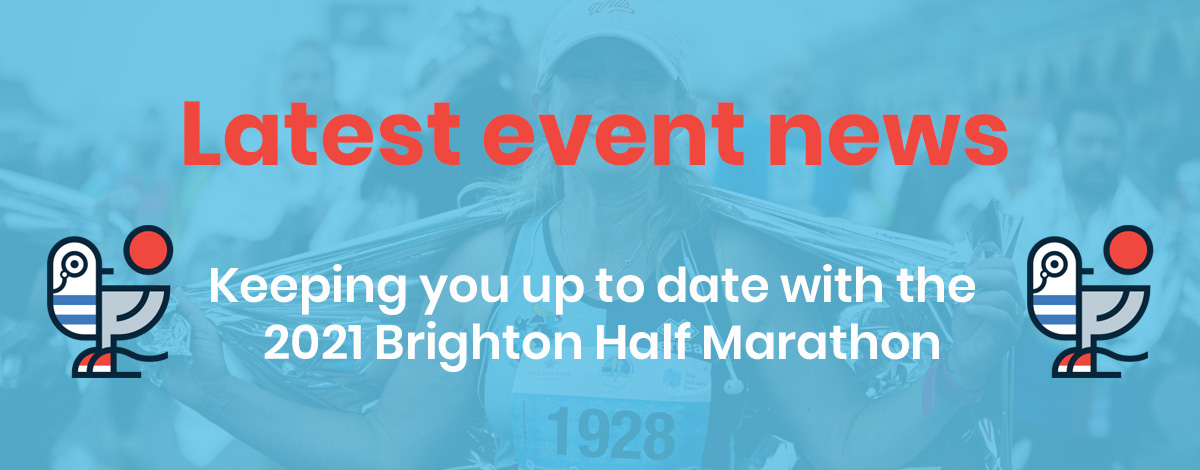
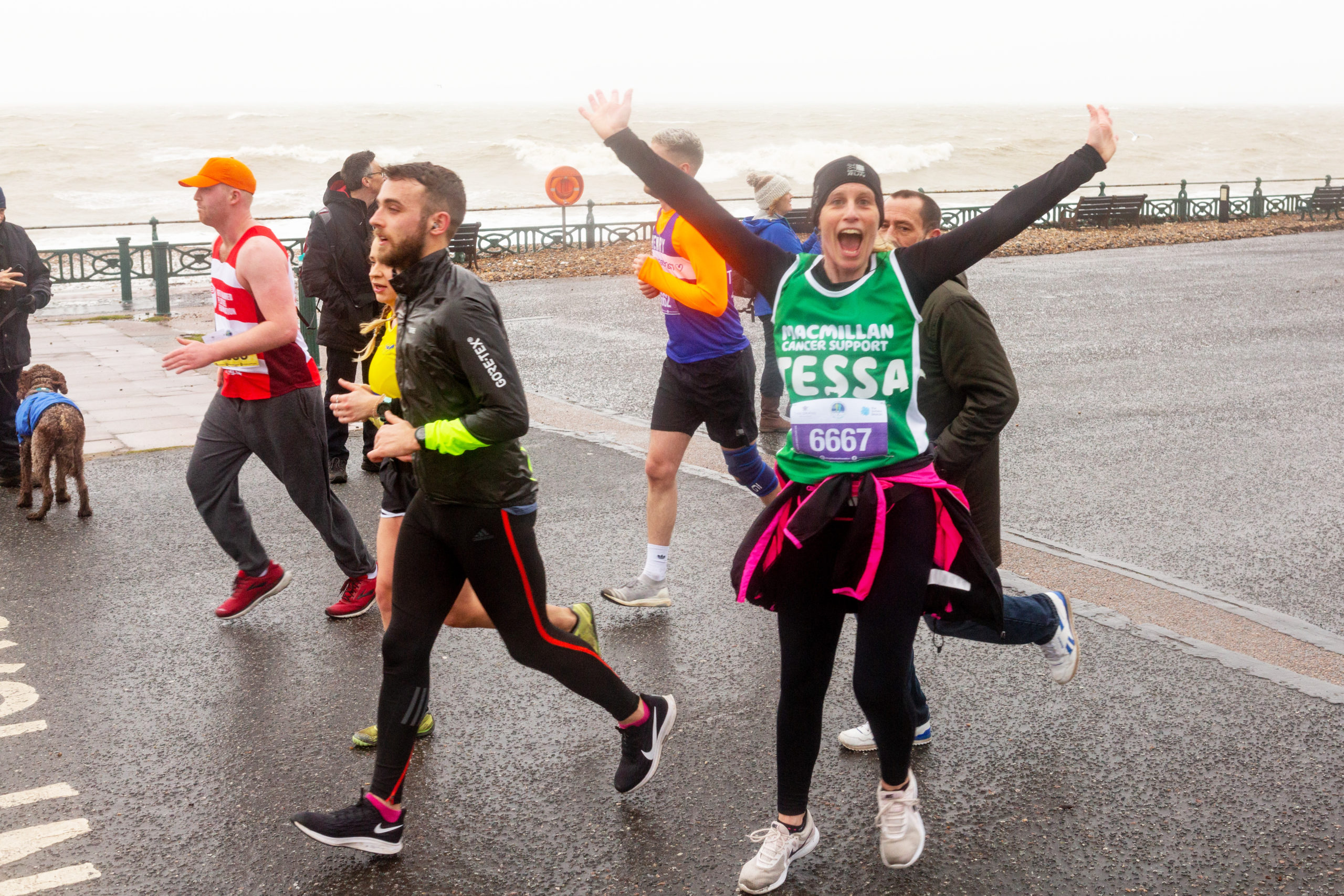

 Lots of people had a lockdown project in 2020, and our Event Director David Hill was no exception. Together with the team at E3, which produces the Brighton Half Marathon on behalf of charity The Sussex Beacon, last year he transformed his E3 offices in Hove into state-of-the-art digital studios for photographic and video shoots, podcast recordings and more. ‘Twelve A Studios’ was born, and with the studios complete, the team at Twelve A just needed their first show!
Lots of people had a lockdown project in 2020, and our Event Director David Hill was no exception. Together with the team at E3, which produces the Brighton Half Marathon on behalf of charity The Sussex Beacon, last year he transformed his E3 offices in Hove into state-of-the-art digital studios for photographic and video shoots, podcast recordings and more. ‘Twelve A Studios’ was born, and with the studios complete, the team at Twelve A just needed their first show!